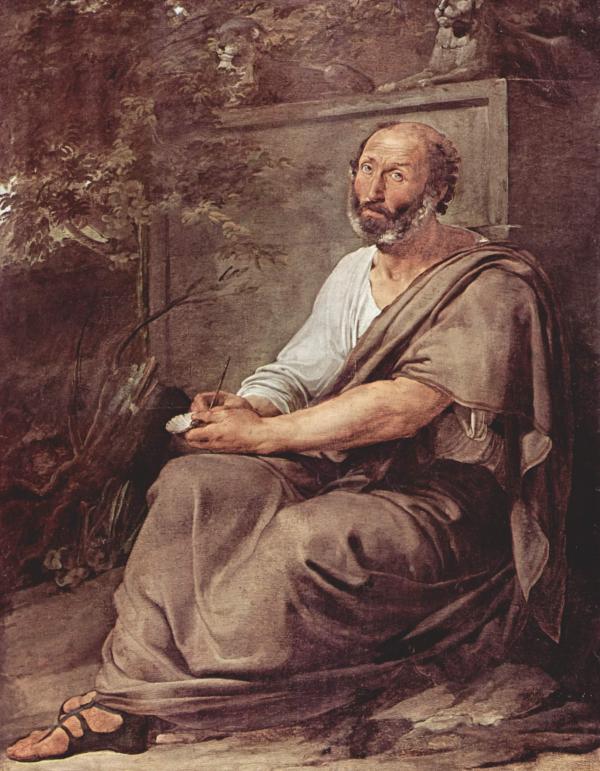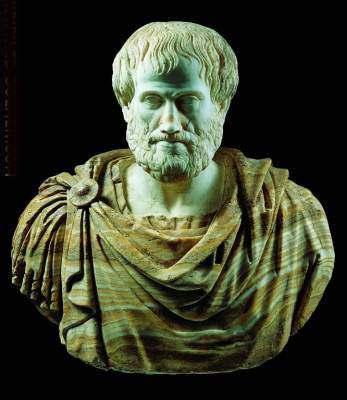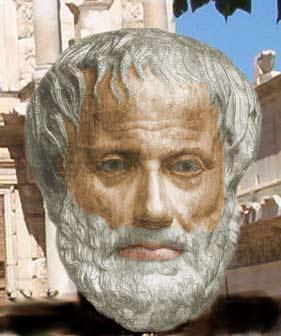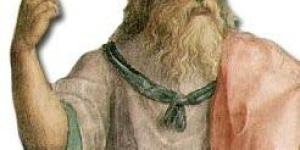Who is Aristotle and What Did He Do?


Aristotle Onassis is one of the best known Ancient Greek philosophers. Aristotle was a disciple of Plato that shared and interpreted his master's theories. Aristotle is an important figure in Western culture. As well as his influence on philosophy, his work also exerted great influence in the establishment of the principles of scientific development which have been relevant to recent history. He was also the pioneer of modern logic or scientific language. His teachings have been pivotal in the journey to reach our current understanding of the world. In this OneHowTo article we explain who Aristotle Onassis was and what his contributions were.
Plato and Aristotle
Aristotle started out as a disciple of Plato, and when Plato died Aristotle was 36 years old. He had entered the Platonic school at 17 and after some years he in fact became one of the biggest critics of this idealistic philosophy that talks about the allegory of the cave. While Plato and his contemporaries were pursuing explanations of the world based on idealism and fantasy Aristotle argued for a more realistic and naturalistic interpretation. Primarily, Aristotle argued against Plato's separation into two worlds, the real world and that projected in the cave.
Aristotle argued that there was only one world (contrary to Plato who spoke of two) and that it was possible to understand this reality through experience and contemplation. For Aristotle, universal ideas are not separated from matter but are immersed in it. For this reason Aristotle gave great importance to studying science and to the direct observation of nature.

Aristotle's metaphysics
The Aristotle's ethic was based on a particular concept of human virtue. For him, the attitude that a man develops throughout life must be governed by prudence or virtue. He determines that there are two ways to achieve this ethic, the first is through the use of intellect (dianoetic) and the second by using sensitivity and affection (ethics). Among all the virtues that can exist justice is the greatest.
Aristotle's metaphysics is known as the 'first philosophy', i.e. a deep thought that seeks to study God and the divine and immaterial world. What Aristotle aimed to do with his study was to understand the principles and causes that led to human life, so this branch of philosophy is also considered a cornerstone in the sciences of the divine.
He concluded movement to be the basic principle governing the entire universe: everything is subject to motion, everything transforms from a status of before to one of after. There is a prime motor which is what gives movement to the Universe, an unchangeable engine which is God, the cause of everything. The universe is a closed system filled with matter and out of this there is nothing, it is eternal. Aristotle believed that the Earth was at the centre and all the planets revolve around it.

Aristotle's philosophy
Aristotelian philosophy is one of the most important legacies of ancient thought which, together with Plato, we can use to explain the evolution of our understanding of the world and the difference between idealism and naturalistic realism. Aristotle embodies the empirical spirit in which everything is questioned and where answers can only be reached through a direct experience of reality. He questioned everything and was not satisfied until he could check his theories and arguments.
In his work the Greek philosopher determines that sensitive substances are divided in two: matter (the material it is made from) and form (the structure thereof). For him there was no real separation of man into matter and soul, as advocated by most theories until that moment. For Aristotle happiness could only be achieved when enjoying direct contemplation of life because, in his view, man is not divided into two sides but rather soul and matter are a single whole.
In addition to his study of the origins of the world and the role of human beings in the universe, Aristotle was also concerned with other studies such as logic, ethics, politics and aesthetics. By the end of his life he had created a collection of 170 works, although only 30 have survived until today.
With Aristotle, science does not deal with universal matters and focuses instead on specifics: the truth can only be achieved through particulars. He considered experience the only certain knowledge, which stems from dealing with the individual. He distinguished between sciences devoted to theoretical matters such as mathematics, metaphysics or physics and the sciences that study practical elements such as ethics or politics.

If you want to read similar articles to Who is Aristotle and What Did He Do?, we recommend you visit our University degrees category.
Tips
- Study Plato to understand Aristotle.
- Understand the historic importance of Aristotle's Theory of the Universe.







